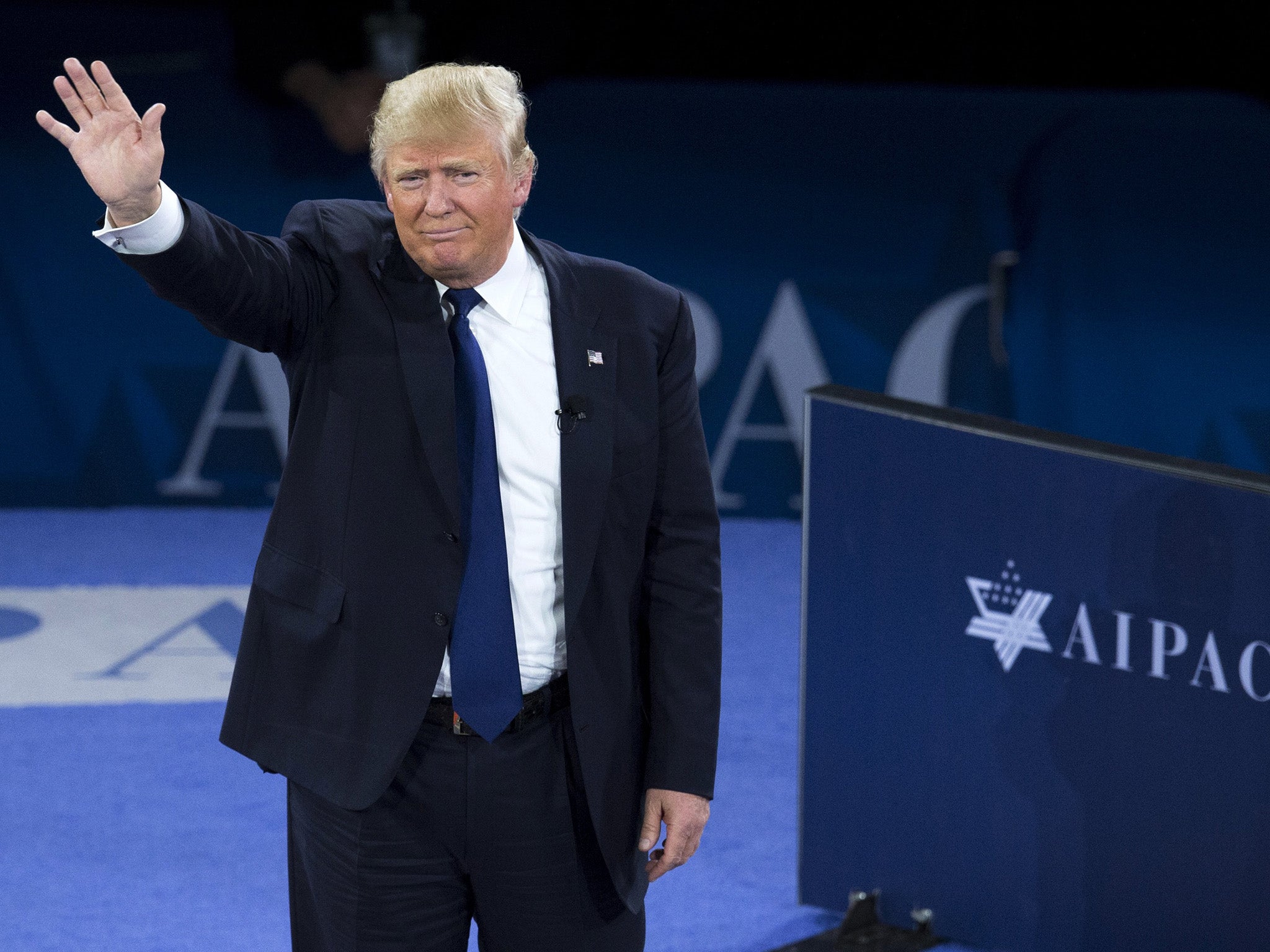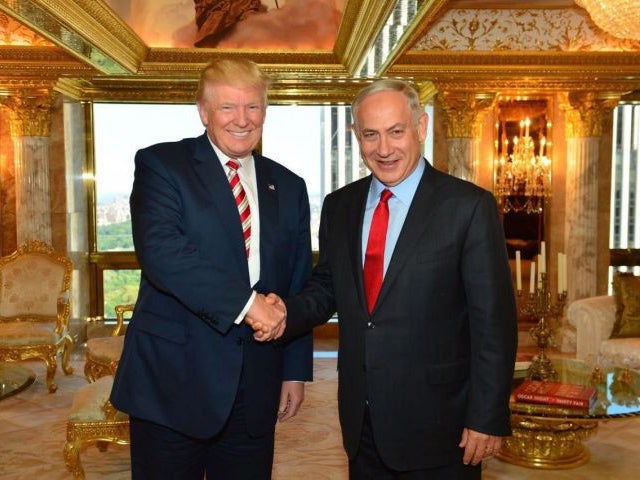Israeli minister joins calls for more settlements as Donald Trump hints at end to US opposition
President-elect previously claimed 'nobody is more pro-Israel than I am'

Your support helps us to tell the story
From reproductive rights to climate change to Big Tech, The Independent is on the ground when the story is developing. Whether it's investigating the financials of Elon Musk's pro-Trump PAC or producing our latest documentary, 'The A Word', which shines a light on the American women fighting for reproductive rights, we know how important it is to parse out the facts from the messaging.
At such a critical moment in US history, we need reporters on the ground. Your donation allows us to keep sending journalists to speak to both sides of the story.
The Independent is trusted by Americans across the entire political spectrum. And unlike many other quality news outlets, we choose not to lock Americans out of our reporting and analysis with paywalls. We believe quality journalism should be available to everyone, paid for by those who can afford it.
Your support makes all the difference.An Israeli minister has called for the country to build more settlements in the occupied territories following the shock US Presiedential election victory of Donald Trump.
The Republican property magnate, who beat Democratic rival Hillary Clinton to the White House, has indicated that he may end the US's longstanding opposition to building in Palestinian territories.
Science Minister Otir Akunis told the Israeli state-controlled Army radio: "We need to think how we move forward now when the administration in Washington, the Trump administration and his advisers, are saying that there is no place for a Palestinian state".
Mr Trump said there was “nobody more pro-Israel than I am” in March, adding that he would oppose any attempt to force Israel into an agreement it opposes.
His adviser on Israel, David Friedman, said last month that he does not believe Mr Trump sees Jewish settlements in the occupied West Bank as illegal, as the majority of the international community does.
Asked whether he believed in the two-state solution, the basis of more than two decades of peace negotiations, Mr Friedman said Mr Trump was "tremendously sceptical".
On Wednesday, Mr Trump called Israeli Prime Minister Benjamin Netanyahu to invite him to visit the White House after his inauguration in January – before he made the customary phone call to other prominent world leaders, including British Prime Minster Theresa May.
Mr Netanyahu welcomed Mr Trump’s victory, saying the former reality star was “a true friend of Israel”.
The Israeli Prime Minister, whose administration is said to be the most right-wing in the country’s history, has so far been very cautious about calling for more settlements and the Israeli government is still officially working towards a two-state solution.
But members of his Cabinet have been far more outspoken, with Education Minister Naftali Bennett saying Mr Trump’s election signalled an end “to the notion of a Palestinian state”.

Last month Mr Bennett, who is said to have his eye on becoming Prime Minister himself in the near-future, said it was time to increase the “sovereignty” of Israel by building more settlements, providing the UN Security Council passed a motion condemning them.
Israel remains concerned that outgoing US President Barack Obama will attempt to push a resolution through before he leaves office.
Meanwhile, Mahmud Abbas, President of the Palestinian Authority, gave Mr Trump a cautious congratulations and said he hoped peace could be achieved during his term based on the borders of 1967, the year Israel occupied the West Bank.
But a high-ranking Palestinian official warned that, "We are worried because we have here someone who has been completely unpredictable, a loose cannon and also because this is not an issue just for the Palestinians but for the rest of the world."
He said the one consolation was that, "His statements are so unfeasible, unreasonable, illogical, so in violation of international laws and the international consensus, that they cannot be implemented."
"When faced with the realities of the office, things change," the official said, speaking on condition of anonymity.
Additional reporting by agencies
Subscribe to Independent Premium to bookmark this article
Want to bookmark your favourite articles and stories to read or reference later? Start your Independent Premium subscription today.